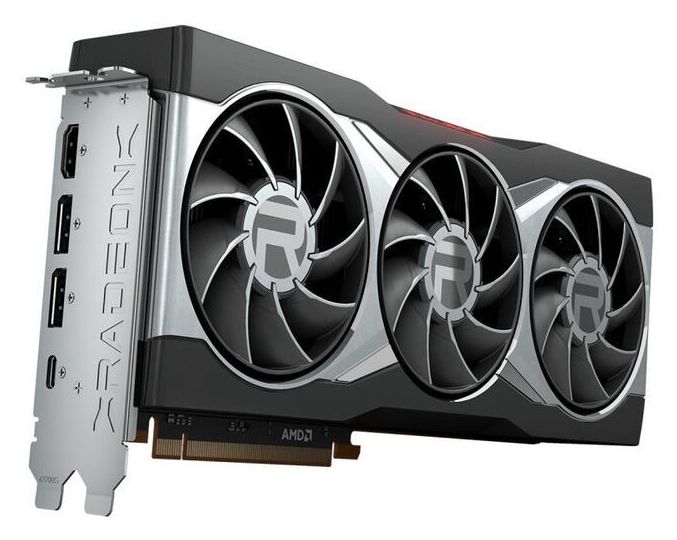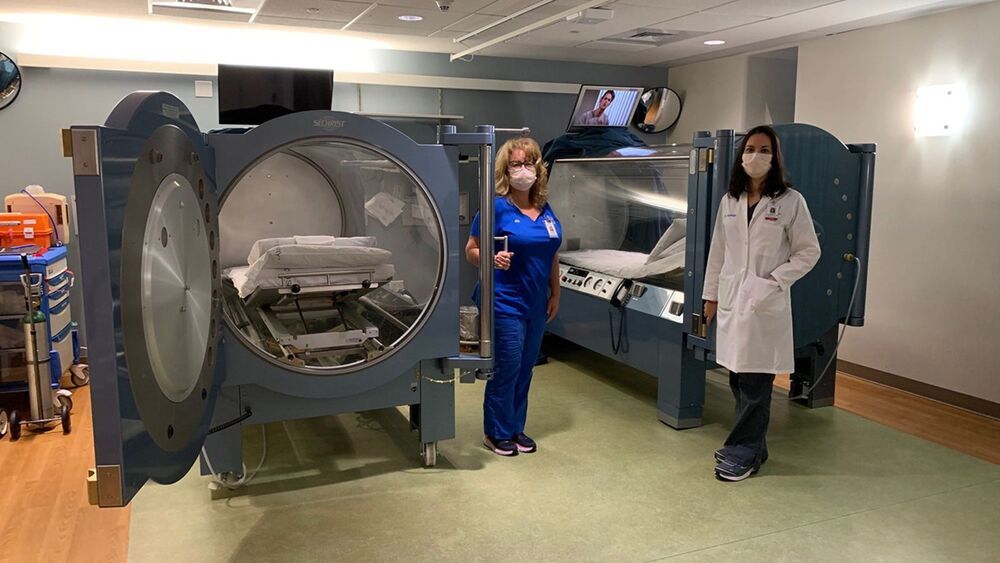Bitcoin mining code.
Bitcoin Core integration/staging tree. Contribute to bitcoin/bitcoin development by creating an account on GitHub.


O,. o yay!
An absurdly powerful laser can trap an air bubble in a layer of metal, so that it’ll float no matter what.

While we are opening our preliminary discussion for the 3rd SRI World Congress, a number of questions and concerns are being expressed by the main space columnists, about what could be the philosophic setup of the space policy defined by the new US Administration, should it be confirmed the next December 14th. Though Joe Biden didn’t yet say very much about space policy, the most accredited plans foresee cuts to the budget of NASA’s manned space flight programs, in order to give more fuel to the observation of Earth, climate change, and environmental issues.
We are not against raising the budget to Earth observation programs, which are much needed in the current climatic and environmental situation. Besides Earth observation, space agencies should also begin considering the use of space technologies to mitigate the effects of the climate change and the environmental issues, i.e. active space strategies targeted to control the Earth climate.
However, the most important point to be duly focused is that the same priority granted to environmental space programs should be given to bootstrapping the geo-lunar space region settlement and industrialization. Space development is the primary strategy against the awful multi-crisis that is striking our globalized civilization: pandemics, economic, climatic-environmental, resource conflicts, migrations, unemployment.

Australia seems to be one of the leaders in the transition to renewables.
Australia has reached its highest position ever on the Ernst & Young (EY) Renewable Energy Country Attractiveness Index, jumping to third place for the first time thanks to a big boost from its green hydrogen and solar energy export plans.
In the latest edition of the biannual RECAI, which ranks the world’s top 40 countries based on investment in renewable energy, EY moved Australia up one spot from number four in the May rankings, putting it behind only China and the US, in that order.
The report notes a global “surge of interest” in green hydrogen in 2020, from policymakers and investors alike, highlighting its potential to support decarbonisation – particularly for countries with limited potential for their own renewable generation capacity.
Here’s my latest video!
Meta-analysis for the association between HDL with all-cause mortality risk has identified HDL levels 55 — 60 mg/dL range as optimal. However, that data includes subjects up to 85y-in the video, I present data for 85y — 115yr olds that additionally suggests HDL in the 55 — 60 mg/dL range as optimal. In addition, I show my own HDL data over the past 15 years (n=34), the correlation for HDL with my diet, and how I plan on consistently increasing my 15-year average HDL of ~44 mg/dL to the 50’s.

I found this news while researching on hyperbaric oxygen therapy. A lot of news on it now. 😃
GREENWICH, Connecticut (WABC) — A hospital in Connecticut is one of six nationwide treating COVID-19 with hyperbaric oxygen therapy, which officials say is emerging as an effective way to deliver oxygen to coronavirus patients.
Greenwich Hospital is part of a yearlong trial to treat 600 patients with the therapy, best known for treating scuba divers for decompression sickness.
The hospital has already treated three COVID-19 patients with hyperbaric oxygen therapy, with some promising results.
This is the moment a bright meteor crossed the sky over Brazil and exploded.
The phenomenon was captured on camera by the Heller and Jung Space Observatory early Monday as it entered the Earth’s atmosphere.
The center’s surveillance system, located in the city of Taquara, recorded the meteor exploding some 462 miles away near the border between Rio Grande do Sul and Uruguay approximately at 2:31am local time.

O,.o circa 2011 antigravity? Antimatter gravity equals antigravity: D.
(PhysOrg.com) — In 1998, scientists discovered that the Universe is expanding at an accelerating rate. Currently, the most widely accepted explanation for this observation is the presence of an unidentified dark energy, although several other possibilities have been proposed. One of these alternatives is that some kind of repulsive gravity – or antigravity – is pushing the Universe apart. As a new study shows, general relativity predicts that the gravitational interaction between matter and antimatter is mutually repulsive, and could potentially explain the observed expansion of the Universe without the need for dark energy.
Ever since antimatter was discovered in 1932, scientists have been investigating whether its gravitational behavior is attractive – like normal matter – or repulsive. Although antimatter particles have the opposite electric charge as their associated matter particles, the masses of antimatter and matter particles are exactly equal. Most importantly, the masses are always positive. For this reason, most physicists think that the gravitational behavior of antimatter should always be attractive, as it is for matter. However, the question of whether the gravitational interaction between matter and antimatter is attractive or repulsive so far has no clear answer.
In the new study, Massimo Villata of the Osservatorio Astronomico di Torino (Observatory of Turin) in Pino Torinese, Italy, has shown that an answer can be found in the theory of general relativity. As Villata explains, the current formulation of general relativity predicts that matter and antimatter are both self-attractive, yet matter and antimatter mutually repel each other. Unlike previous antigravity proposals – such as the idea that antimatter is gravitationally self-repulsive – Villata’s proposal does not require changes to well-established theories. The study is published in a recent issue of EPL (Europhysics Letters).

The group uses tools outside of the country for this attack campaign, as well as custom malware, including custom malware – including backdoor. Hartip – that Symantec has never used. Compromised computers at the time of the attack included domain controllers and file servers, and there is evidence that files are being filtered by some compromised computers. Attackers frequently used DLL side loading in this campaign and took advantage of the patched Zerologon vulnerability in August 2020.
Symantec first addressed this campaign when suspicious DLL-side loading activity on one the customers networks triggered a warning from Cloud Analytics technology available in Symantec Endpoint Security Complete (SESC).
The campaign is spread across the world, with a large number of regions detected as the victims of the attack. The common link between all the organisations that were attacked were their links to japan or japan based organisations. In the map you can clearly see that there was a reportedly Chinese-government-linked group attacking companies within China’s borders but, like many of the companies targeted in this campaign, the target in that instance is a subsidiary of a Japanese organization.